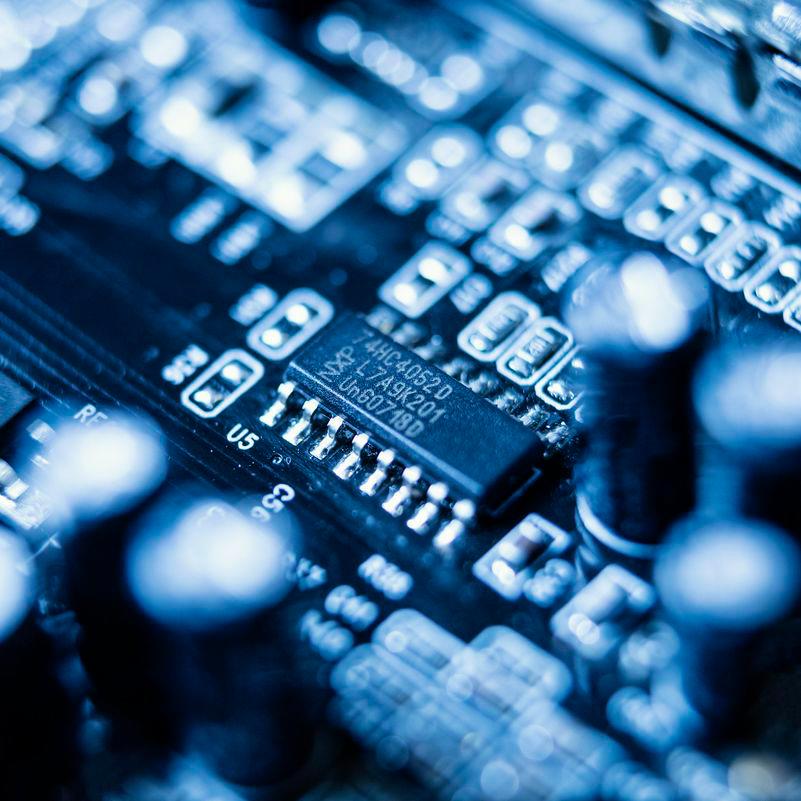KUALA LUMPUR: Malaysia is ready to collaborate with ASEAN partners and beyond through joint investments, research partnerships and knowledge sharing to turn regional ambitions into reality, said Investment, Trade and Industry Ministry Deputy Minister Liew Chin Tong.
Speaking at the ASEAN Semiconductor Summit (ASEMIS) 2025, Liew stated that ASEAN’s strength lies in unity, underpinned by its strategic location, vibrant workforce, strong innovation and manufacturing capabilities, and a growing digital economy.
“What we need now is policy alignment, infrastructure readiness and cross-border collaboration to realise this potential,” he said.
Liew said that as Malaysia chairs ASEAN this year, one of its key Priority Economic Deliverables (PEDs) is the development of an ASEAN Framework for an Integrated Semiconductor Supply Chain, which is targeted for completion before Malaysia hands over the chairmanship.
Moreover, he said Malaysia’s sophisticated semiconductor ecosystem is well-positioned to move from outsourced manufacturing – “Made in Malaysia” – to a new emphasis on “Made by Malaysia”: the creation of Malaysian technologies.
The country aims for more Malaysian companies to evolve into multinational corporations (MNCs), innovating technologies for the world.
“Also, together with ASEAN companies, to build a sustainable and resilient value chain. Our policies should be geared towards creating Malaysian, Singaporean and ASEAN semiconductor MNCs in the future,” he said.
Malaysia’s commitment was reaffirmed last year when Prime Minister Datuk Seri Anwar Ibrahim unveiled the National Semiconductor Strategy (NSS), a bold and forward-looking policy aimed at positioning Malaysia as a global hub for semiconductor innovation, manufacturing excellence and advanced talent development.
At the heart of the NSS is the goal to create 10 Malaysian technology companies with US$1 billion in annual revenue each, and another 100 semiconductor-related local companies with RM1 billion in annual revenue, he added. - Bernama









